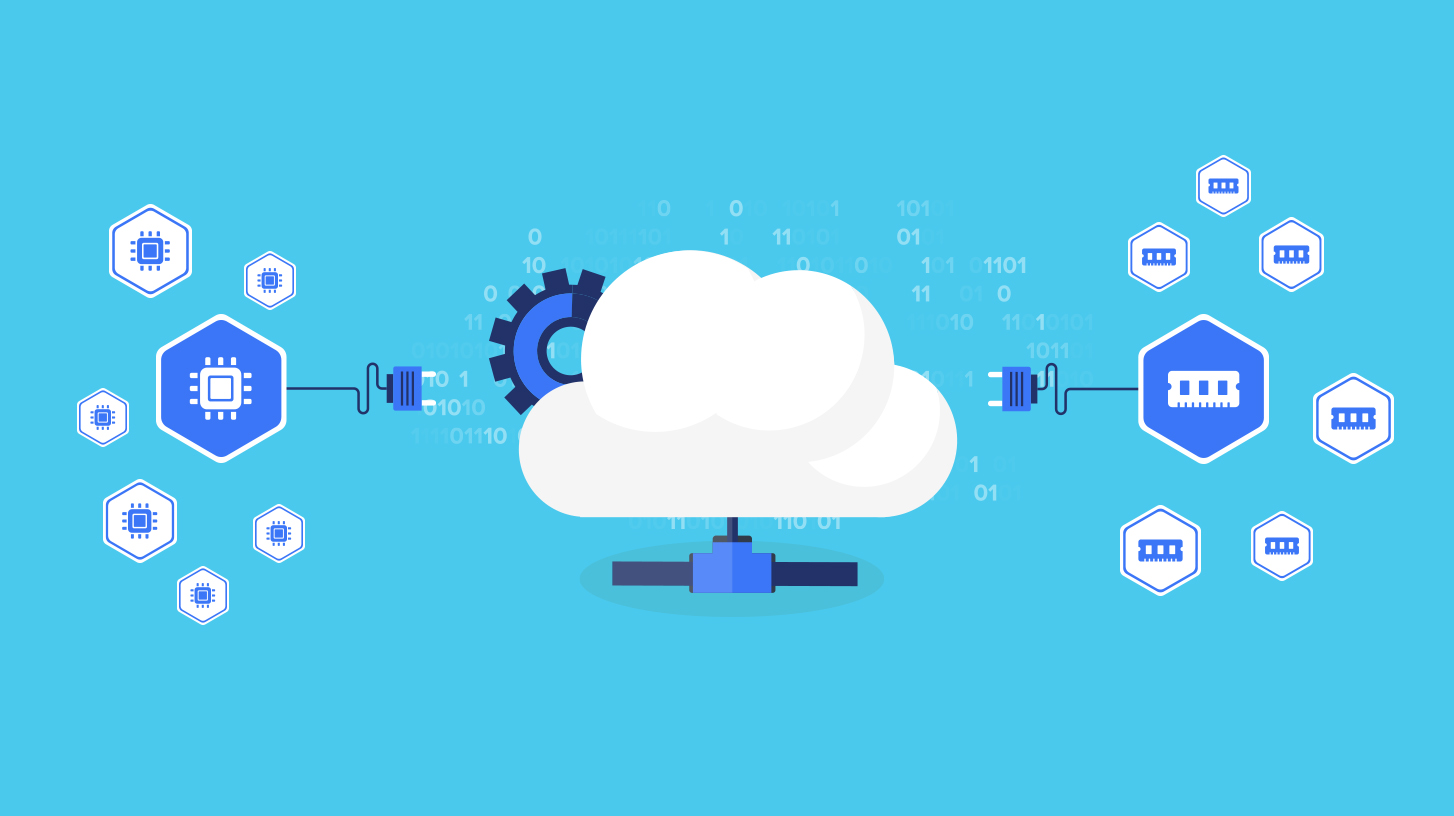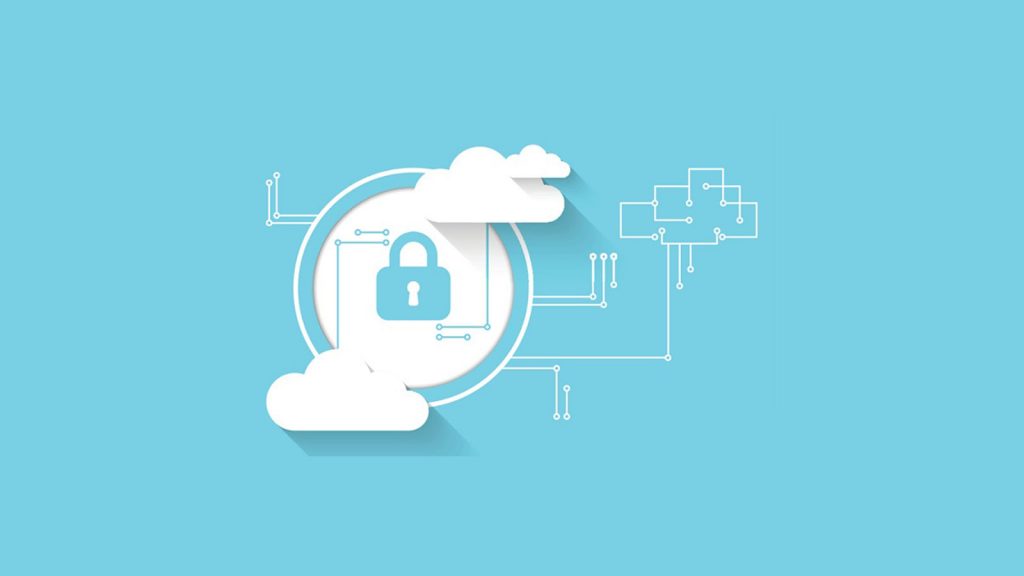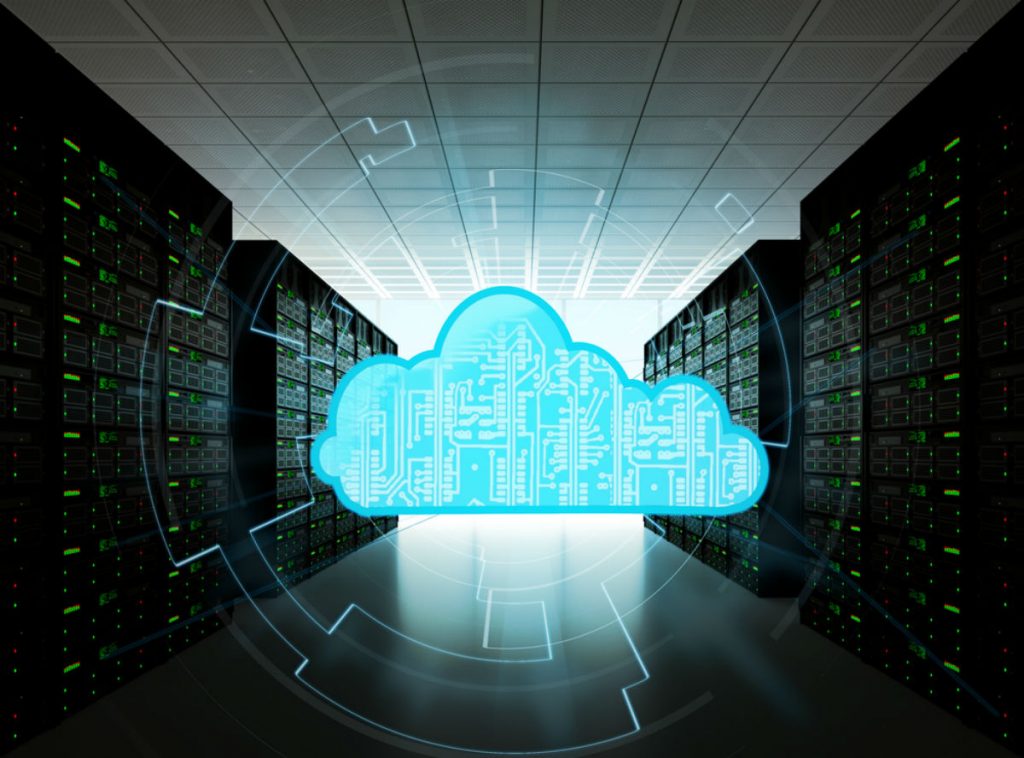
Suppose a company has grown a lot in recent months and now wants to acquire its first server to connect all departments and services to expand. The first server’s purchase is an important operation, and looking for information is a fundamental step to make a good purchase.
Table of Contents
What is a server?

img source: idgesg.net
A small server is very similar to a high-performance computer, but it is designed to perform other tasks. Just one person normally uses an ordinary computer through an intuitive operating system in order to run everyday applications such as spreadsheets, word processors, emails, or Internet browsers. Instead, the servers work with a specialized operating system created to support various users. They are designed to operate large-scale applications such as multiple email accounts, instant messaging applications, print servers, calendar sharing programs, various databases, enterprise resource planning, and customer relationship management software.
A server also makes it easy to share data collaboratively, acting as a central repository for all your important documents, pictures, contacts, and other files. You can host a company’s internal network (intranet) to enable employees to share information quickly and inexpensively. By using a VPN (Virtual Private Network), collaborators will be able to remotely access data on the server from anywhere that has basic Internet access. Also, a server can automatically back up the computer systems and notebooks of one or more collaborators, which means that the company will not lose important data if one of the computers breaks down, is lost, or is stolen.
The servers are designed to be reliable, secure, and fault-tolerant. Besides, they have storage options that generate repetitions in the internal network. If a business is forecasting high growth, a server must be chosen that is scalable and capable of growing with the business. No additional investment in servers is required.
However, the most important questions to ask are:
– Does my business need a server?
– What type of server does my company need?
– What type of server does my company need?
If the answer to the first question is yes, you have to define the server the company needs. To choose a server for the company, the IT manager has to know exactly how many and what types of applications will run and the number of users (collaborators) in the company. Applications such as printing, sharing text files, and data spreadsheets require such light processing that a low-cost server is sufficient.
More complex tasks, such as hosting large databases or image libraries, require greater processing power along with more powerful data centers and data transmission networks. The security of a server is crucial because in a client-server network if the server’s connection is cut, both the computers using that network and the server will stop operating. Uptime is also a critical factor for servers. The more your business depends on the server to perform its day-to-day functions, the more robust and powerful the server needs to be. And power shouldn’t be thought of just in terms of hardware and the software that the server will run. These are two requirements that are generally supplied separately.
Cloud server as an alternative

img source: hostafrica.co.za
You may have heard of Kronos, a cloud server provided by Heficed, a well-known cloud service provider company. Kronos Cloud by Heficed covers many important aspects of many companies’ operations such as the Workforce Center, Manpower Dimensions and Ready Workforce. Kronos ensures 24/7 access is available to remote teams, enhancing collaboration and communication. All of these functions allow data-driven real-time reactions.
Heficed, as a Kronos Cloud provider, ensures that every Kronos user gets the following:
– Infrastructure interconnected with a lot of IP spaces.
– In-house developed automation.
– Open-source KVM hypervisor.
– Full control over remote, reboot, rescue mode, advanced IT management, and so on.
– Ability to manage a cloud server like a dedicated server.
But why we need a cloud server?

img source: vps.net
Using a cloud server to manage and store company files is a good option that offers a number of benefits. For those who are starting this technology, it does not require a large investment. Theoretically, a smaller IT team will be necessary to manage the server, which is adequate for small and medium businesses’ needs and availability. The company will also have no concerns about outdated or outdated hardware or software. The most important thing is that the supplier chosen by the company is stable and reliable. Such a provider’s foundations must be solid, as a crisis or even its bankruptcy will cause serious problems for the company, such as the temporary loss of access to all its data. If the server works on a cloud platform, and there is a cut in the Internet connection, collaborators will lose access to the company’s applications and data.
This means that they will not be able to share files or work for a certain period of time, which will decrease their productivity. When a company stores its data on the equipment of an external provider, it loses the power to manage it and will have to worry more about the security and privacy of its corporate data. In addition, despite the previous savings on account of the outsourcing of services (avoiding costs of hiring an IT team, continuous maintenance and investment in new equipment), it must be taken into account that these expenses may exist indirectly in the long term, as they will be included in the amounts of the fees charged by the provider. For this reason, it is important to be well informed about the services that the company requires and to ask various providers for a detailed price quote for these services so as not to have problems with servers and cloud storage.







